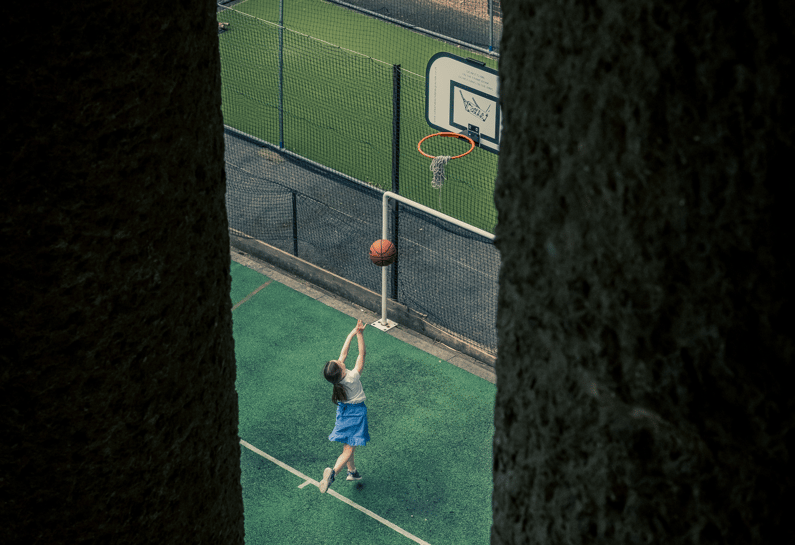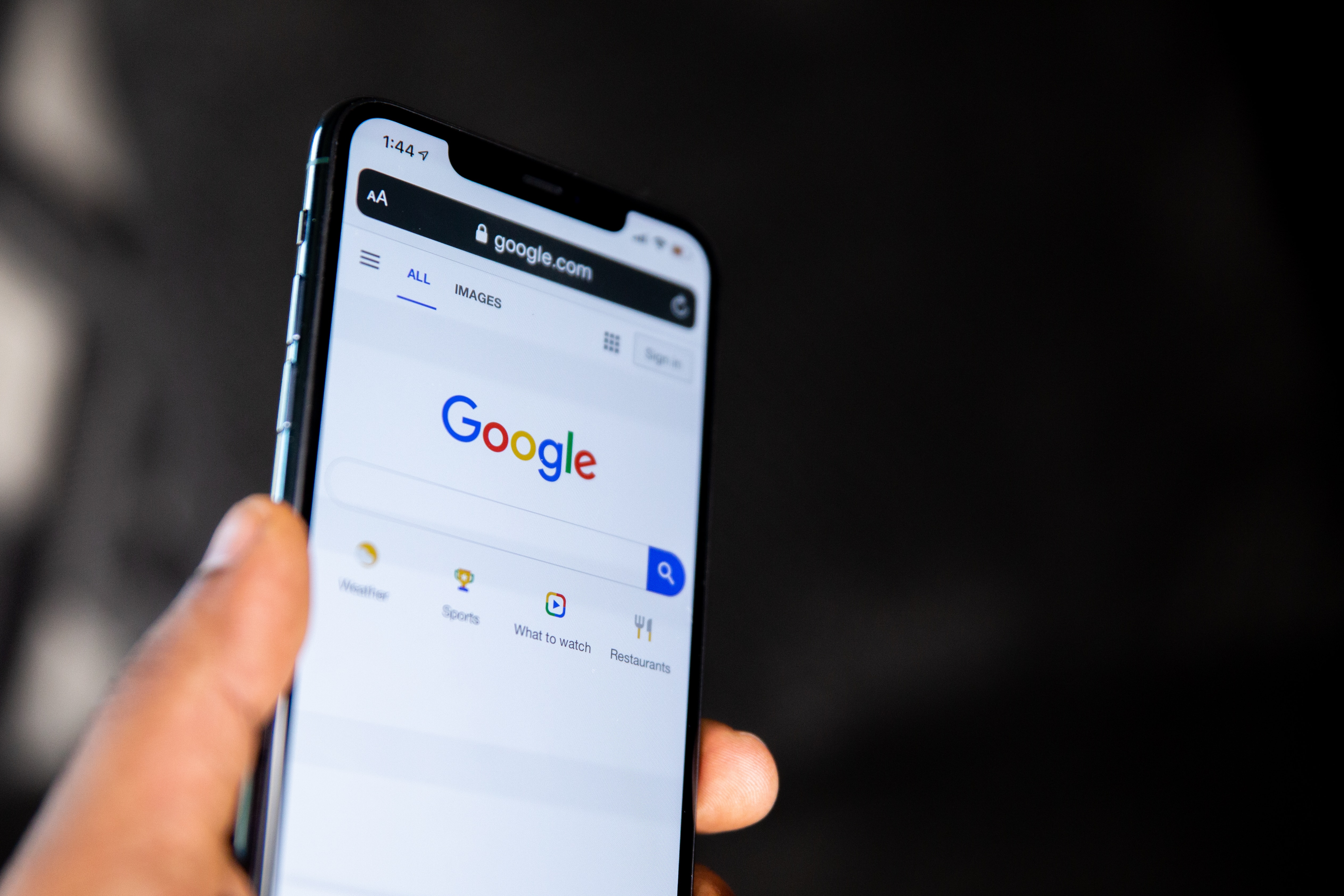
When my parents ran out of money or drugs, and they were always out of one or the other, it didn’t take long for their screaming to start. As their voices intensified, I escaped to the packed dirt basketball court at the outskirts of our HUD-sponsored apartment complex nestled deep in the Appalachians. And, that is where the narrative and the trajectory of my life began to change. I was not a gifted basketball player, but the words I heard about my playground playing style took root. I built my foundation on them and used them to propel me out of a life of poverty and abuse.
I was tenacious. Smart. Gritty. Tough.
Words Matter
Those words mattered to me. Fortunately, those empowering words were the ones that took root because as a little girl who loved basketball and loathed dolls had it been the others that were used to describe me they could have just as easily held me in place, or worse yet, torn me apart. Sadly, however, the same stereotypical adjectives that I dodged as an eight year old shooting at a netless goal in a coal-dusted West Virginia hollow, are some of the same ones still used to represent women athletes in the media today.
A study conducted by Purdue University and the University of Southern California, shows that in the 1980 and 90’s, the representation of female athletes was subject to trivializing sexualization or marginalizing humor. In the 2000s the words and visualizations surrounding them shifted so that they were mainly portrayed as wives, girlfriends or mothers. Cheryl Cooky, a professor of interdisciplinary studies at Purdue, concluded that both of these representations dimension perceptions of an athletes’ abilities.
The misogynistic and heteronormative framing of female athletes seems to be reflective in the oversexualized and problematic online search trends surrounding women’s sports.
In 2023, the two most searched terms for “women athletes” are “women athletes nude” and “nude women athletes."
Additional top searches include:
Hottest female athletes
Naked female athletes
Sexiest women athletes
Hottest women athletes
Female athletes in porn
While there are certainly similar searches for men athletes, they fall well after ones such as “best multivitamin for men athletes” and “best Crocs for men athletes”.
As we push forward with equality and parity, it begs the question as to how searches that reduce women to their unclothed sexuality are still so popular.
As is usually the case with humans, the answer to that is not that simple.
Were those search terms so popular because when we are in public we are cheering on the amazing goals of women from across the globe at the FIFA World’s Cup, high-fiving over the strength and endurance of the women of the CrossFit Games, and having our minds blown by the speed of the women’s 4 x 100 relay team at the Track and Field World Championships, but when we’re alone and protected by our screens we’re nefariously and hungrily searching for these women in the nude?

Or is it that search engine optimization (SEO) algorithms are designed with a bias towards men's sports because they are covered much more fervently, and when the media does present coverage it is often through the same tired, uninspired, and sexually charged that we’ve been looking through for decades?
The answer is: all of the above and then some.
Positively Shifting
Although it can be disheartening that despite all of the positive impacts women athletes have in the world, that the international media and keyboard warriors alike are often keen on literally stripping these extremely talented, multi-dimensional people down.
So, what can be done to change this?
1. Media Coverage
Although women make up 40% of sports participants, the United Nations Educational, Scientific, and Cultural Organization reports that women’s sports make up less than 5 percent of sports media coverage in the United States. By championing the achievements of women athletes on a more equal playing field, we can empower present athletes, and provide role models for future generations. Additionally, changing the narratives in sports media by showcasing women athletes in the same manner they do men is likely to cut down on the oversexualization of female athletes.
2. Funding
As the popularity of women’s sports grows, so must their funding. According to the Women’s Sports Foundation, girls drop out of sports at twice the rate as their male counterparts. This is due in large part because women’s and girl’s sports programs are not as well funded, nor are they typically as robustly promoted as boy’s and men’s.
3. Removing Sexist Stereotypes
Women will need to be recognized for their athletic ability and not their looks or personal life in order to break through the conditioning that permeates our society. Additionally, removing language that classifies activities as masculine or feminine can help prevent gender bias.
By changing the narrative, commentary and searches surrounding sports, we can change the lives of girls and women. I never became the starting point guard of the L.A. Lakers as I once dreamed.
However, thanks to the words used to describe how I played on that dusty half court, I learned that I was strong and resilient, and that is even more magical.
About Parity
Minority-founded in 2020, Parity's mission is to close the gender income and opportunity gap in professional sports. By developing high-impact collaborations between brands, professional women athletes and their fans, Parity has proudly put more than $2 million in the pockets of women athletes, attracting dozens of brands to the movement in the process. The platform offers connections to more than 850 women athletes from 70+ sports, including well over 200 Olympians and Paralympians. For more information on how to tap into the rapidly rising influence and popularity of women athletes, visit https://paritynow.co or follow us on Instagram, LinkedIn, Facebook, X (formerly Twitter) and Threads.




